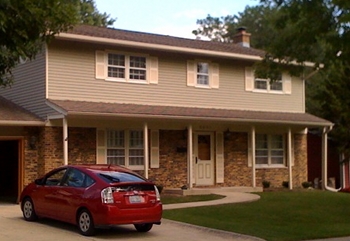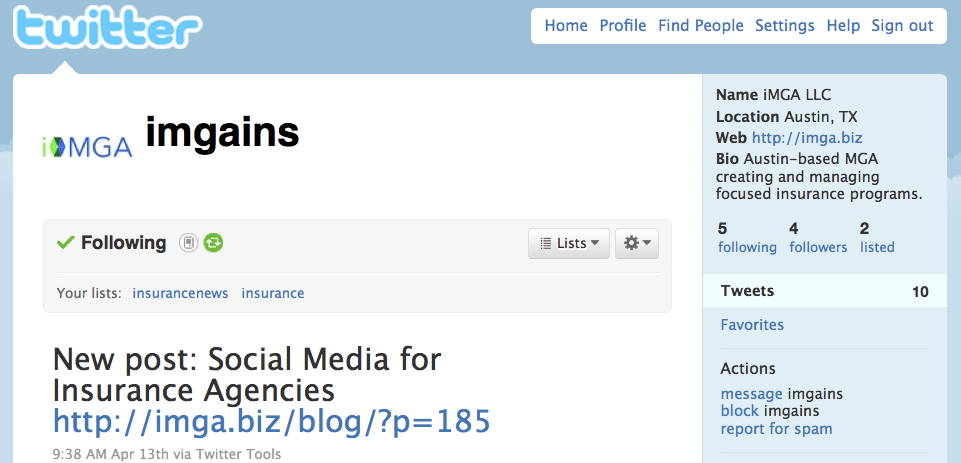 I met Juanita* three weeks ago.
I met Juanita* three weeks ago.
Juanita is new to the insurance business. Young – still in her mid-20s – it’s the first non-retail job she’s had.
She has a bubbly personality, loves taking good care of customers and did very well on her insurance license exam. The agency where she works is one of the top auto agencies in their small town so she has already learned enough to be very comfortable with auto insurance issues and questions.
But they’ve been losing customers.
They haven’t had a good home insurance market. So every time a customer asked for a quote for renters policy or homeowners policy they ended up referring her to an agency down the street. Inevitably over time they lost those customers as the home insurance agents asked for a chance to quote the auto.
Juanita’s manager Rafael* found out about iMGA through another agent. He visited our website and liked what he saw there. He completed our online interest form, our system notified us of his interest and we quickly reached out.
When Rafael and I talked it was obvious that there was an excellent fit between his customers’ needs and iMGA’s products. He was easily able to complete the online new agent application and we had him set up the same day.
Because they were located in central Texas, it was easy for us to do an in person visit and train the staff on our products and underwriting guidelines that week. Juanita was, frankly, worried. How hard would it be for her to understand these new products? What questions might customers have that she couldn’t answer? Would she get the support she needed? How hard would it be to issue a policy?
You should have seen the look on her face the first time she went through a quote. She said “Is this all there is to it?” when it took her less than two minutes to complete the whole process.
She – and Rafael – especially loved how the system and printed application clearly explained the primary coverages and limitations so that she didn’t have to worry about missing those. She called into iMGA and one of our friendly underwriters made sure she got the answer she needed and felt comfortable calling any time. She wrote her first homeowners policy while I was in her office.
As Juanita’s confidence has grown she’s steadily increased the number of auto customers who she’s able to offer Homeowners, MobileHome, Dwelling and Renters coverage and their agency no longer has to refer those customers down the street.
Would You Like a Story That Ends This Well?
Yes, the process for signing up with iMGA can be this easy.
The process for quoting and issuing business with iMGA is absolutely this easy.
If you’d like to add more Easy to your life – and a strong range of Texas personal property products for your agency staff to offer to your customers – contact us.
*We’ve changed the names in this story to protect the innocent. 🙂



